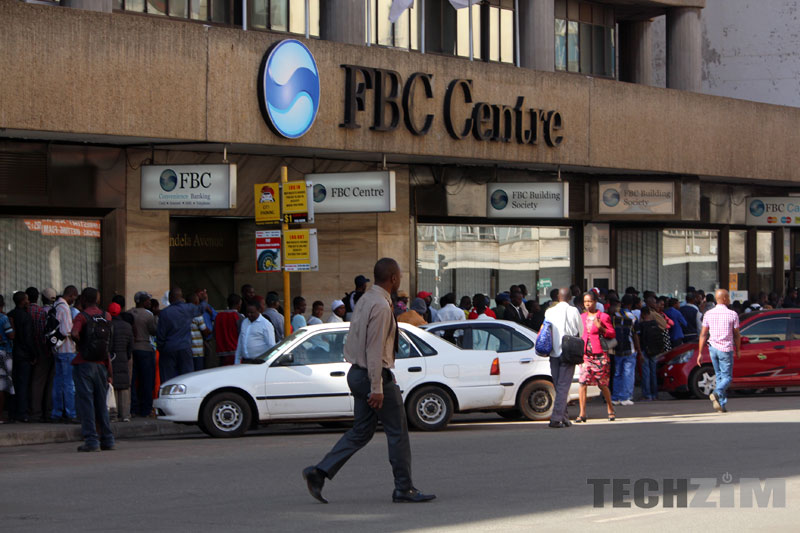FBC Holdings has released a trading update for Q3 2020. Like all businesses in Zimbabwe, FBC has been negatively impacted by the coronavirus pandemic. The Group noted that the economic constraints brought about by COVID-19 reduced the volume of transactions the company was able to process in Q3.
Another factor that affects operation in Zimbabwe is hyperinflation. On this note FBC saw a marked decrease in month-on-month as well as year on year inflation in Q3:
- Year-on-year average consumer prices showed a progressive decline from 838% in July 2020, 761.02% in August 2020 to 659.4% in September 2020.
- Month on month average consumer prices increased by 3.83% in September 2020, which is a decline from the 8.44% that was recorded in August 2020 and 35.53% registered in July 2020.
FBC financials Q3 2020
Despite the harsh economic environment, FBC recorded a 59% increase in total income amounting to ZWL$6.3 billion when compared to the same period last year. The Group credits the growth to the strong showing in net trading income and net interest income.
Administrative expenses, on the other hand, went up by 33% in Q3 to ZWL 3.2 billion because of the devaluation of the local currency. However, the Group’s profit before tax increased eight times to ZWL$2.7 billion in Q3.
FBC Holdings’ statement of financial position at the end of Q3 increased by 19% to ZWL$29.5 billion from the ZWL24.8 billion which was recorded in December 2019. Equity attributable to shareholders of the parent company increased by 52% to ZWL$6.1 billion from the ZWL$4 billion registered in December 2019.
Customer acquisition
FBC has seen an improved pace of customer acquisition because of the group’s introduction of digital channels in its niche markets. Both innovations are based on what is undoubtedly the most popular messaging platform in the country, WhatsApp.
The Group, in mid-September, introduced a WhatsApp chat-bot or digital banking assistant called Noku which is available to customers at any time of the day. YAKO, FBC’s digital vehicle insurance service, also got WhatsApp capabilities.
Outlook
The biggest concern for FBC is the second wave of the coronavirus that has emerged in countries where its major partners reside. The pandemic’s second wave will also affect the tourism industry which will mean the country’s economic recovery efforts will be adversely affected.
Although the shadow of the pandemic looms large the group is cautiously optimistic that some sort normalcy will return. FBC’s report concludes by saying that they will continue to activate, review and strengthen their business continuity and disaster recovery plans.

What’s your take?